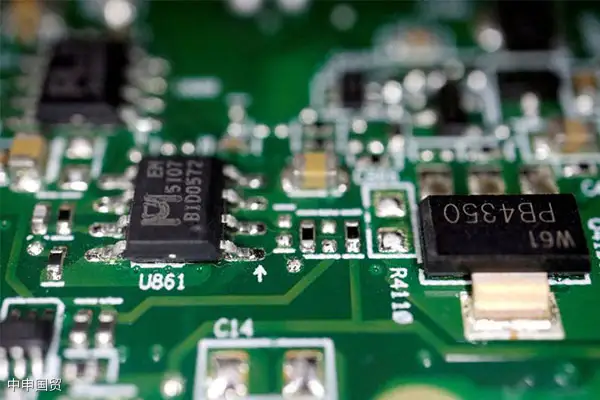- Shanghai Zhongshen International Trade Co., Ltd. - Two decades of trade agency expertise.
- Service Hotline: 139 1787 2118
Recently, Nikkei reported that the U.S. government is delaying semiconductor exports to the Middle East, particularly AI semiconductors produced by companies like NVIDIA and AMD. This move has sparked speculation about U.S. intentions to prevent semiconductor technology from flowing to China.
U.S. semiconductor export restrictions began in October 2023 when the Commerce Department announced that exports to certain Middle Eastern and Central Asian countries would require licenses to prevent semiconductors from reaching China and Russia. This decision was seen as a key measure to curb technology outflow and protect national security.
Bloomberg reports that the U.S. Commerce Department is currently delaying license approvals for semiconductor exports to the Middle East, especially for products from major companies like NVIDIA and AMD. These semiconductors are crucial for building modern data centers and developing AI technology.

In recent years, Middle Eastern and African countries have significantly increased investments in IT infrastructure, with many building local data centers to reduce reliance on U.S. tech firms. The UAE and Saudi Arabia have been particularly active, preparing to purchase large quantities of data center semiconductors.
However, U.S. delays in processing these export applications may impact these countries tech development plans. Particularly with Chinese companies involved in Middle Eastern data center projects, the restrictions appear aimed at preventing advanced semiconductor technology from reaching China via third parties.
Within the U.S. Congress, calls to strengthen export controls on AI-related technologies are growing. Many lawmakers believe advanced AI semiconductors could threaten national security if acquired by competitors. Thus, despite urgent Middle Eastern demand, the U.S. remains cautious to prevent key technology transfers to potential adversaries.
While U.S. restrictions may hinder Middle Eastern tech development, these countries are actively seeking alternatives. The UAE and Saudi Arabia may increase cooperation with other semiconductor producers or accelerate local R&D to reduce dependence on U.S. technology.
The U.S. decision to restrict semiconductor exports to the Middle East highlights the complexity of global semiconductor supply chains. As one of the most globalized industries, semiconductor production and supply chains span worldwide, requiring multinational collaboration from raw materials to chip design and manufacturing.
However, geopolitical factors are complicating this cooperation. Governments are implementing policies to protect domestic semiconductor industries and technological advantages, increasing global market uncertainty.
With rapid AI and big data advancements, semiconductors importance as core technology grows. The U.S. aims to maintain global tech leadership through export restrictions while preventing key technologies from reaching competitors.
Related Recommendations
? 2025. All Rights Reserved. 滬ICP備2023007705號-2  PSB Record: Shanghai No.31011502009912
PSB Record: Shanghai No.31011502009912









